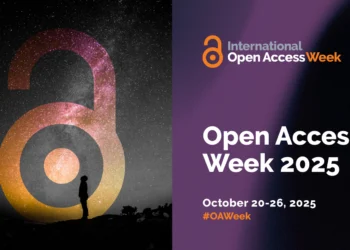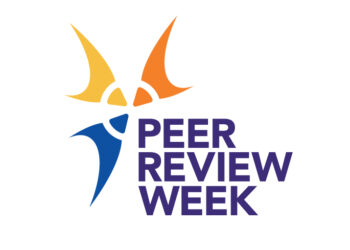It’s funny how themes and memes seem to coalesce out of the swirl of ideas, a sort of intellectual precipitate clinging like residue to the sides of a month’s blog posts. In this case, the precipitate consists of publishing critics who provided a lively set of misbegotten ideas and a company ostensibly protecting us from plagiarists while possibly helping plagiarists tune their articles to elude those same safeguards.
And now we find a publishing critic apparently committing self-plagiarism in order to publish as much as possible in established journals, even while decrying those same journals. Yes, one of the self-plagiarized articles was called, “Publishing as Prostitution? – Choosing Between One’s Own Ideas and Academic Success” in its first iteration. The author apparently didn’t have to choose between his own ideas and academic success when he later published virtually the same paper two years later — without referring to the earlier work — under the title “Problems with Publishing: Existing State and Solutions.”
It’s enough to make my hero H.L. Mencken proud.
The author in question is Bruno Frey, an economist at the University of Zurich. Olaf Storbeck, an economics correspondent with a German business daily, has been following the emerging scandal, with a lot of help from the blogosphere.
David Perlmutter, a communications professor with a strong interest in new media, once articulated that part of the blogosphere’s role is to “watch the watchdogs.” The evidence for its success in this role grows, and wikis are adding their own accountability to the ledger. There is a lot to be said for immediacy and transparency.
In Frey’s case, Storbeck’s blog is major source of linked and verifiable information, while a separate wiki site, called FreyPlag Wiki, has been established “to document alleged self-plagiarism by Prof. Dr. Dr. h.c. mult. Bruno S. Frey.”
One case of alleged self-plagiarism has been acknowledged by Frey. This set of four articles dealt with behavioral economics under extreme conditions, in this case the sinking of the Titanic. The editor of the journal most affected by the self-plagiarism, the Journal of Economic Perspectives, published the full correspondence with Frey, apparently to shame Frey and his colleagues. In the final response to the editor, Frey writes:
It was a grave mistake on our part for which we deeply apologize. It should never have happened. This is deplorable. . . . Please be assured that we take all precautions and measures that this unfortunate event does not happen again, with any journal.
Of course, there are other examples of similar behavior, including the aforementioned “prostitution” paper. In this paper, Frey accuses editors and publishers of fostering an environment of intellectual prostitution. The two papers revealing apparent self-plagiarism have been dismantled in a two-column comparison on Google Docs, with the results showing many long, identical passages.
Another blogger, Andrew Gelman, is tracking a number of authors who are apparently indulging in plagiarism, self-plagiarism, and other questionable practices. Gelman is not only interested in the authors’ motivations, but in the journals’ motivations:
[W]hy did all these top research journals publish a paper with no serious research content. Setting aside the self-plagiarism thing, everyone knows that publication in to econ journals is extremely competitive. Why would five different journals be interested in a fairly routine analysis of a small public dataset that has been analyzed many times before? I don’t have a great answer to that one, except that the example may have seemed offbeat enough to be worthy of publication just for fun.
And so we come full-circle to Frey’s notion of prostitution. His complaint seems to be that authors are forced to abide by the wishes of referees, thereby limiting their creativity and forcing authors into intellectual prostitution. But what if the author learns what referees want, and then uses a finished manuscript again and again to gain favor with subsequent editors? Perhaps there is a difference between feeling like an intellectual prostitute during editorial revisions, and seeking out publication again and again with the same materials.
Which is the lower form of being? The author who is humble enough to take feedback from peers? Or the author who seeks to pad his CV with papers plagiarized from his own materials?
Which is worse — intellectual prostitution or intellectual onanism?
Discussion
1 Thought on "A Tale of Self-Plagiarism — A Critic of Publishers Proves a Prostitute Is As a Prostitute Does"
Intellectual onanism – this is perfect summary of frey’s activity:)




